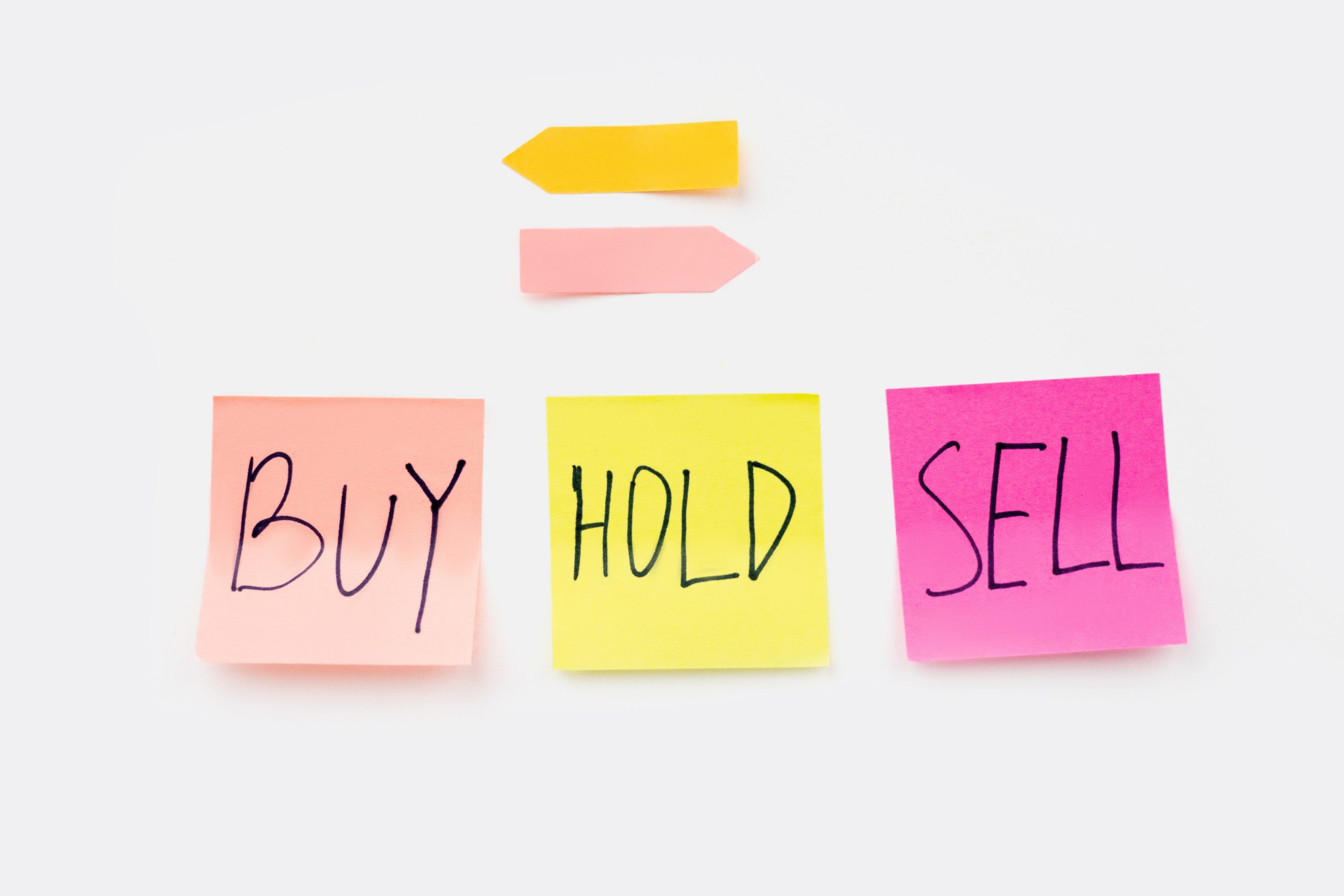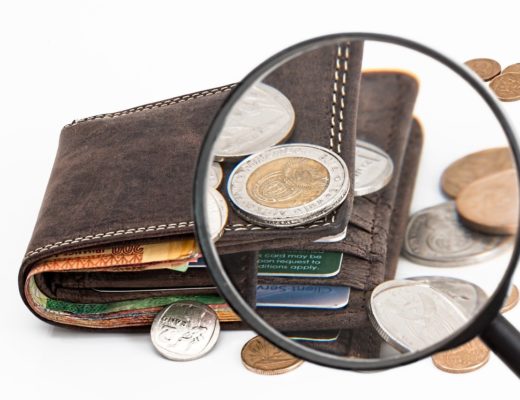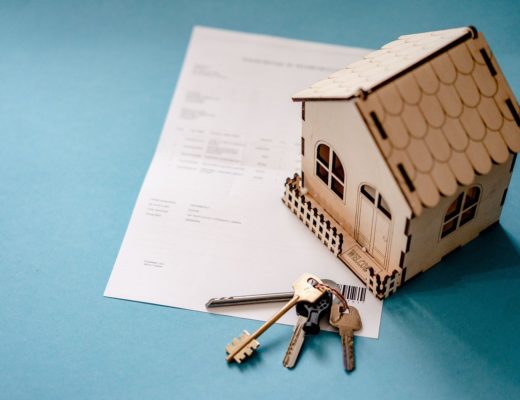Choosing the right promissory note buyers is one of the most crucial steps when engaging in any type of financial and/or investment transaction. It is to see to it that you are working with the right people, the right professionals who know the rules and regulations your mortgage note should follow to ensure you do not violate any federal or state laws. If you are looking to sell your real estate promissory note, you need to make sure that you are aware of the steps you need to take and avoid some of the mistakes that are made when selling a note.
What Is a Promissory Note?
Before we find out what the factors are that make up a perfect promissory note — one that any promissory note buyer would take interest in, let’s tackle the basics first: What is a Promissory Note?
A promissory note is a written agreement regarding borrowed money. It’s a promise to pay, and it should contain the terms of the agreement to do so. This type of document enforces a borrower’s promise to pay back a lender by a specified period of time, and both parties must sign the document.
It is a debt instrument that contains a written promise by one party (the note’s issuer or maker) to pay another party (the note’s payee) a definite sum of money, either on-demand or at a specified future date. A promissory note typically contains all the terms pertaining to the indebtedness, such as the principal amount, interest rate, maturity date, date and place of issuance, and issuer’s signature.
A promissory note establishes a clear record of a loan, either between individuals or between entities. By placing all relevant details in writing, a promissory note ensures clarity on due dates for payments and the amount of payments. It creates a legally binding promise with a mutual understanding regarding the borrowing and repayment of money.
A comprehensive and thorough promissory note should address six simple questions:
1.) Who the parties are
2.) How much the loan is for
3.) How you will repay the debt
4.) When the debt must be repaid by
5.) What happens if there is a default in payment
6.) Miscellaneous provisions
As a promissory note is a signed document that states a borrower has promised to pay what is owed (that they loaned) on the item in question, this can include a variety of types of real estate. For example, Residential homes, commercial properties, multi-family homes, land, and mobile homes to name a few.
Types of Promissory Notes
The common types of promissory notes include the following:
- Commercial – These notes are more formal and detail specific conditions of a loan.
- Investment – A company can decide to issue a promissory note to raise capital. The company can also sell these notes to other investors.
- Personal or Informal – These notes generally involve one family member or friend loaning a sum of money to another family member or friend.
- Real Estate – These notes accompany a home loan or other real estate purchase.
Classifications of a Promissory Note
Different classifications of a promissory note are appropriate for different types of agreements. You should create your promissory note to fit the type of transaction in which you’re involved. Promissory notes can be as simple as a one-time payment from a friend . Transactions such as car loans and mortgage loans require more complex promissory notes that cover details such as amortization schedules, interest rates, and more.
Simple Promissory Note
If you’re writing a promissory note for a lump sum repayment, you’ll typically use a simple promissory note. An example is lending your sibling $2,000. Your sibling agrees to pay your money back by January 1. A simple promissory note will state the full amount is due on the stated date; you won’t need a payment schedule. You can decide whether to charge interest on the loan amount and include the interest in the document if needed.
Demand Promissory Note
A demand promissory note makes payment due when the lender asks for the money back. You will typically need to provide a reasonable amount of notice to use this type of promissory note.
Secured Promissory Note
A secured promissory note secures the amount loaned with an asset of value, for example, a home or vehicle. If the borrower does not pay back the loan amount within the agreed-upon time frame, the lender has the right to seize property of the borrower.
For example, when you buy a house, the house is collateral on your mortgage. Your bank can seize your home if you do not make payments.
Unsecured Promissory Note
This type of promissory note does not allow the party lending the money to secure an asset for the loan. If the borrower does not make the payment, the lender must instead file in small claims court or go through other legal processes to enforce the note.
What Should You Include in a Promissory Note?
A promissory note should include all terms and details to which both parties of a loan are agreeing.Important details any promissory note should state include the following:
1.) Payor or Borrower – Include the name of the party who promised to repay the stated debt.
2.) Payee or Lender – Include the name of the lender, the person or entity, lending the money.
3.) Date – List the exact date the promise to repay is effective.
4.) Amount or Principal – State the face amount of the money borrowed.
5.) Interest Rate – If the loan involves interest, the promissory note should include the interest rate charged. The interest rate may be simple or compounded.
6.) Date First Payment is Due – A common arrangement is to have the first payment due on the first day of the month and subsequent payments due on the first date of the following months.
7.) Details of Each Payment – If multiple payments are due, the promissory note should include how often payments will be made as well as the amount of each payment.
8.) Date the Promissory Note Ends – In the case of an amortized loan, a loan paid off in a series of even and equal payments on a specified date, the date the note ends could be the last payment. An agreement could also involve a balloon payment, specifying a date on which the entire unpaid balance is due.
9.) Signatures – Make sure signatures of both the borrower and the lender are included on the promissory note. For a promissory note to be legally enforceable, the document needs the signature of each party.
Be Prepared In Time to Sell Your Note
During the preparation to sell your note, it is very important that you gather all records. Gather the records that confirm payments received, property insurance policies, property tax payments, and the original information on details of the note (e.g., property address, amount of the loan, interest rate, and the terms). There may be much more paperwork needed when the time comes to sell the note.
The potential note buyer will likely want the current credit report of the borrower currently living in the home. This is their way of protecting this investment and minimizing risk should they purchase the note.
What to Expect When Selling Your Note
It is important to think that you are going to get the full value of the note. Note buyers are in the business of buying and investing notes and generally offer a discount on the note’s value. This is common because a note holder can cash out and receive a lump sum of cash while the note buyer can minimize their risk by purchasing the note at a discounted price.
There are risks of the note defaulting, which note buyers take into account. This, and the time and effort that goes into buying the note equals a discount on the value of the note. Depending on a number of different factors, a note seller can expect an offer anywhere from 60% to 90% of the value of the note. This is a broad range and could be more or less depending on how each note is valued, if the payments have been paid by the borrower on time, the credit of the borrower, current real estate market, or other factors.
The seller gets the cash up front, but note buyers expect a seller to realize that they, as the new note holder, would then assume all of the future risk.
Who Can Buy My Promissory Note?
Private individuals purchase promissory notes on their own, but it is definitely wise to use an established and experienced company who has the knowledge and funds to buy notes. In some cases, a banking institution may wish to buy your note, as they are the majority of note holders in the nation.
However, for most note holders wishing to sell their note, a note buyer whose business it is to buy and invest in promissory notes will likely be the ones to purchase the note from you
What Is A Note Buyer?
The funding of money comes from the note buyer/investor when the note is bought and the seller is paid.
Note buyers are typically large companies that offer their services across the nation and a third party is not needed because the buyers purchase the notes straight from the seller. The buyer will generally have their own funds and can buy directly from the seller.
One of the positive aspects to this is that the transactions are much quicker. Since the buyer does not have to go looking for an investor to fund the purchase, the process is easier and simpler. Buyer will have their set of guidelines which will determine whether they personally, should and can, make a purchase, and with a note buyer, they are able to notify a note seller promptly whether they can or not, depending on their funding.
Note buyers have the experience in this industry that is hard to beat. To become a note buyer, you must first become a note broker—this experience ensures that note buyers are experienced and competent to purchase a note without a third party involved.
When you are selling your note, it is in your best interest to deal with and sell to an established company that has experience of buying notes. Acquaint yourself with this information where you may need note buyers for your promissory notes and save yourself from future headaches and even litigation.





No Comments